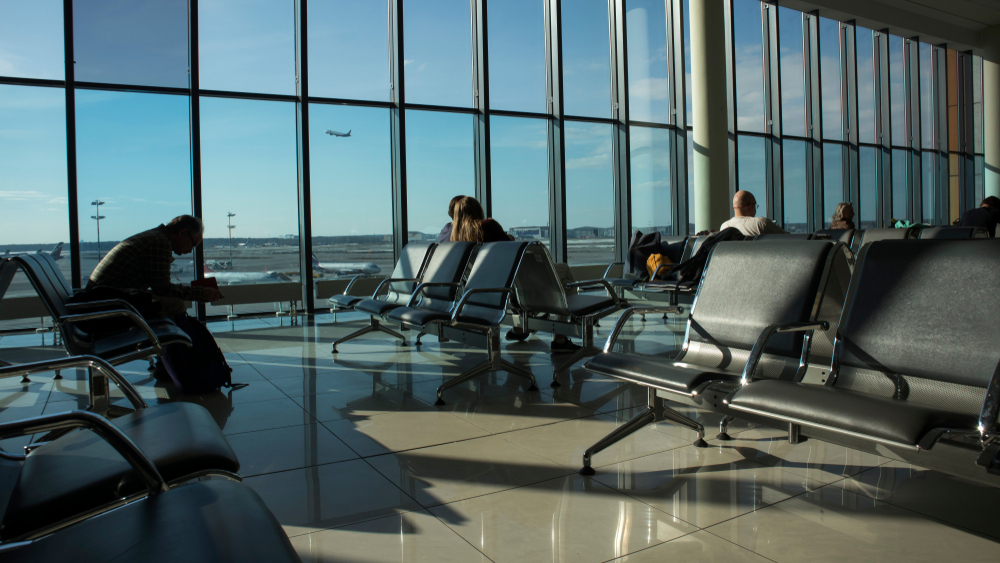FAA lists 50 airports that will have 5G buffer zones
Carriers will turn off nearby transmitters for six months due to safety concerns


The US Federal Aviation Administration (FAA) has announced a list of 50 US airports that will include 5G exclusion zones for the next six months.
The list is part of a deal reached with wireless carriers earlier this month that will prevent potential wireless interference with aircraft safety systems.
In a letter to the FAA on January 2, the carriers agreed to delay deployment of their C-band 5G infrastructure for two weeks and to turn off transmitters around these airports for six months to avoid interference with aircraft instruments.
The move followed concerns that the C-band spectrum in the 3.7-3.98GHz range could cause problems with aircraft safety systems. The Administration's technical standards for radio altimeters, which operate between 4.2 and 4.4GHz, had not considered potential interference from adjacent bands. These devices are used during low-visibility landings.
The airports listed include some of the country's largest and busiest, such as Los Angeles International (LAX), Chicago O'Hare (ORD), Dallas Forth Worth (DFW), and New York's JFK. However, Atlanta's Hartfield-Jackson (ATL), a major transport hub and one of the world's busiest airports in terms of passenger traffic, was not listed.
"Many airports are not currently affected by the new 5G deployment, even though they are not on this list," the FAA said in a statement. "These include airports not in the 46 markets where the new service will be deployed and airports that do not currently have the ability to allow low-visibility landings."
The temporary move mirrors more permanent measures in Europe, where wireless carriers routinely lower power levels around airports to avoid interference, the FAA said. "For years, we have been working to find a solution in the United States," it added.
Get the ITPro daily newsletter
Sign up today and you will receive a free copy of our Future Focus 2025 report - the leading guidance on AI, cybersecurity and other IT challenges as per 700+ senior executives
Under the deal with wireless carriers, the FAA and Department of Transportation have agreed not to extend delays to C-band rollout or resumption of routine operations for wireless carriers.
Danny Bradbury has been a print journalist specialising in technology since 1989 and a freelance writer since 1994. He has written for national publications on both sides of the Atlantic and has won awards for his investigative cybersecurity journalism work and his arts and culture writing.
Danny writes about many different technology issues for audiences ranging from consumers through to software developers and CIOs. He also ghostwrites articles for many C-suite business executives in the technology sector and has worked as a presenter for multiple webinars and podcasts.
-
 Bigger salaries, more burnout: Is the CISO role in crisis?
Bigger salaries, more burnout: Is the CISO role in crisis?In-depth CISOs are more stressed than ever before – but why is this and what can be done?
By Kate O'Flaherty Published
-
 Cheap cyber crime kits can be bought on the dark web for less than $25
Cheap cyber crime kits can be bought on the dark web for less than $25News Research from NordVPN shows phishing kits are now widely available on the dark web and via messaging apps like Telegram, and are often selling for less than $25.
By Emma Woollacott Published